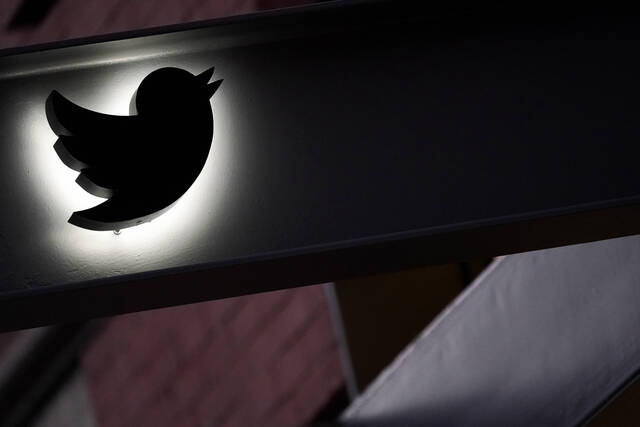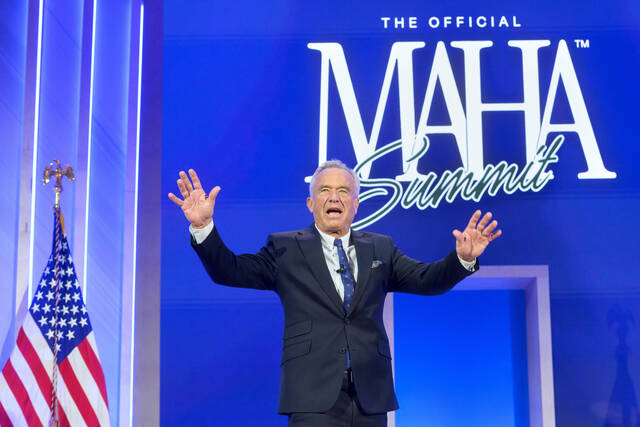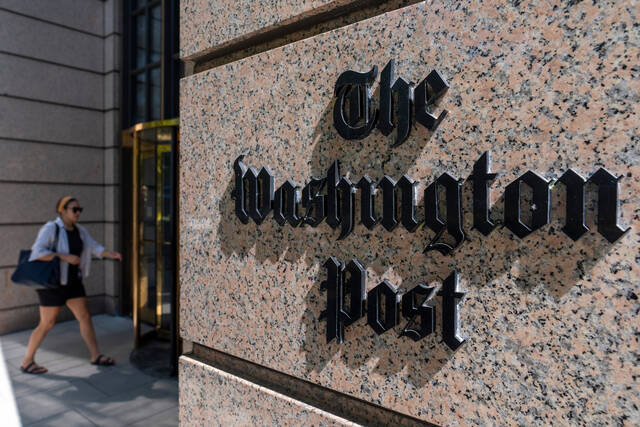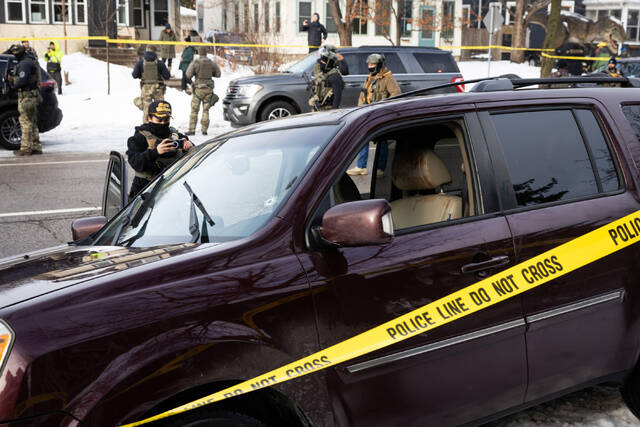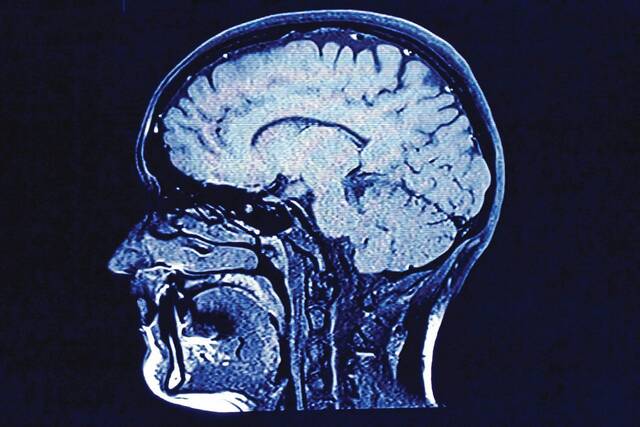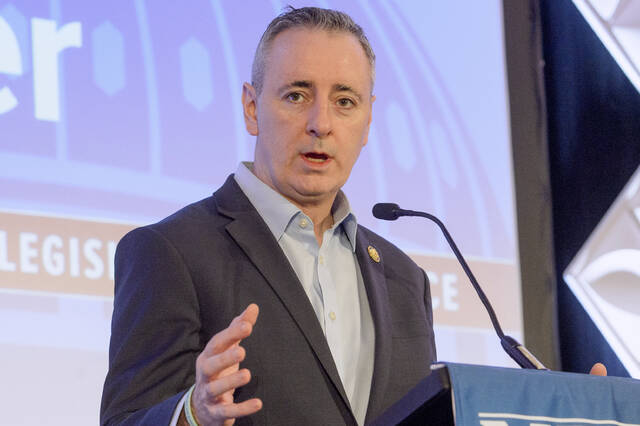On Tuesday, I became a little bit cooler in my son’s eyes.
Not much, and I’m not under any delusion it will last. But, for a brief, shining moment, my teenager was moderately impressed by me.
“Elon Musk wants to charge people for blue check marks on Twitter?” he mused as he lay on the couch thumbing lazily through his phone. “Who even cares? I don’t know anybody who is verified anyway.”
“Yes, you do,” I said. “I am.”
He sat up and looked at me like he was seeing me for the first time.
“Huh,” he said. He nodded thoughtfully and then went back to ignoring me in favor of YouTube.
Hey, I take what I can get.
What Musk can get is a social media giant for $44 billion, but he is the richest man on earth. He followed that up in the past week with firing a bunch of people, throwing out a sink and floating the idea of charging people $20 a month to keep the little blue check that says you are who you say you are. That prompted an exchange with Stephen King — the bestselling author with 6.9 million Twitter followers — about how much that blue symbol is worth. What about $8? It has to be worth something, right?
No, it doesn’t. It is priceless in the classic sense of the word — something that has more real value than can be addressed with an amount of money.
I don’t appreciate my check mark as some do, because of its rarity. I think more people should have them. Ideally, everyone should.
I appreciate it because it says that I am me, my words are my words, and I stand by them. My followers — all 1,107 of them — can depend on the fact I am not a bot pretending to be in charge of the opinion page of a newspaper.
Twitter — like Facebook and other social media platforms — has been a lawless land of falsehoods. There are any number of lookalike Stephen King accounts, for example. Only the blue check mark indicates which one is the real author of “Carrie” and “The Shining.”
But, by charging an ongoing fee for “verification,” it doesn’t say anything about reality. Perhaps a one-time cost might help that, but making it a subscription does nothing to maintain truth. It only creates a velvet rope between people able to pay and those who can’t. Millions of Americans can’t afford internet or gas or food. That doesn’t mean they can’t afford their own identity.
I won’t pay to maintain my check mark, which doesn’t mean I wouldn’t be sad to lose it. It would probably mean I would be a little less likely to interact on Twitter. By increasing the cost for me of something that costs the company nothing, ultimately Musk’s idea would devalue the honesty of verification.
“We need to pay the bills somehow! Twitter cannot rely entirely on advertisers,” the new owner tweeted.
That’s not exactly true. Musk has made his billions and his reputation because of his innovative thinking. Charging by the month for something that doesn’t cost them more is lazy and unimaginative. It delivers no incentive to users to participate, making it likely many will opt out. So how does having fewer people verified or even using the service increase revenue?
Ask any newspaper with a website — a paywall makes people mad. What Musk is proposing is a paywall separating truth on one side and free rein to lie about one’s identity on the other. If anything, it could make it easier for bots to proliferate. Who thought that was possible?
My son might have thought I was infinitesimally cooler for a hot second because of that check mark, but he got over it quickly. I will too — because when it comes to paying the world’s richest man for that blue stamp of approval, I’m with Stephen King.


